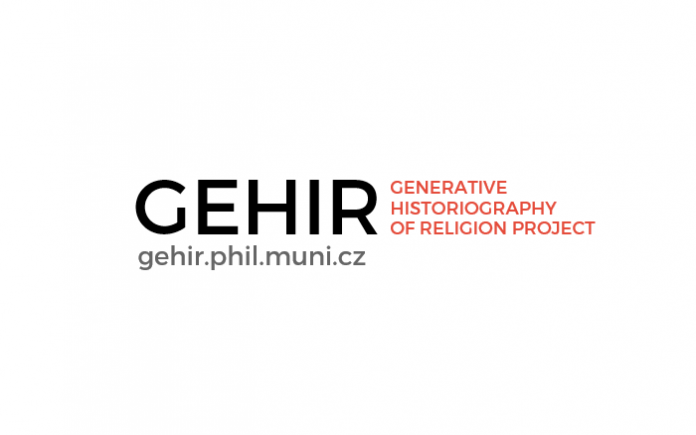GEHIR

This project systematically applies selected methods of formalized modeling and computational simulations to the study of the diffusion dynamics of religious ideas and forms of behavior. As such, the project strives to integrate a specific methodological framework into the academic study of religion. On the one hand, this framework may open up new avenues in the systematic study of specific instances of historical change, on the other, it may contribute to the study of more general questions related to the factors which influence the dynamics of cultural systems.
This project is centred around four case studies which focus on selected religious traditions of the ancient Mediterranean (Isiac cults, Mithraism, Hellenistic Judaism and early Christianities), which can be, despite their historical specificity, viewed through the same theoretical-methodological optics, i.e. through the processes of (1) the dissemination of religious ideas and forms of behaviour at the population level, (2), taking place over long periods of time, (3) being studied on the basis of fragmentary sources, (4) being viewed from the theoretical concept of the diffusion of innovations, (5) and being subjected to the influence of specific environmental, social and cognitive factors. These four case studies were selected on the basis of their similarity as well as their complementary specificities.
In this sense, the project aims at the foundation of a “methodological laboratory” whose probes might facilitate the work of other researchers, as it combines historiography with methods of formalized modelling. Within the study of historical processes formalized modelling is conceptualised as an innovative third way through which the limitations of the traditional inductive analysis of historical sources and deductive application of social-scientific and cognitive theories to social and historical phenomena can be overcome. Computational modelling can be viewed as a form of theoretical experiment.
